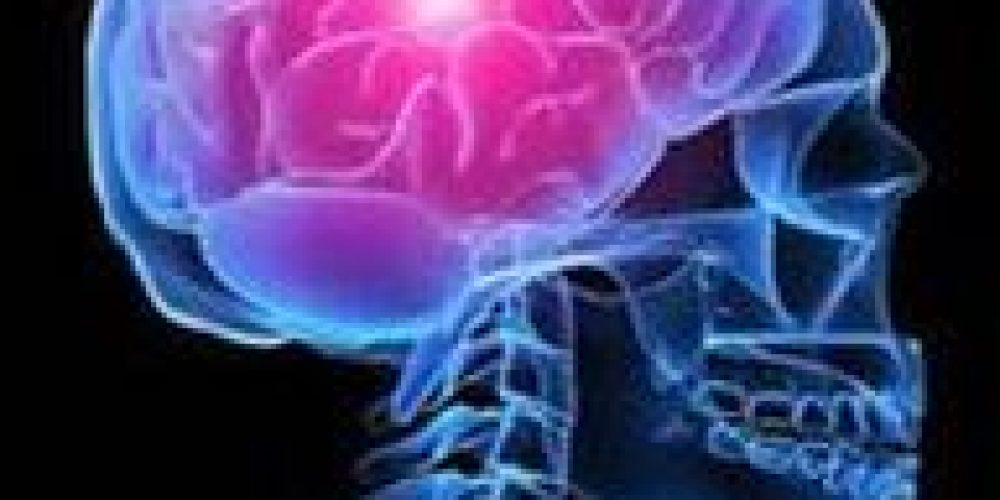Even a single drink of alcohol is enough to impair someone’s ability to reason quickly and detect errors, according to a study that electronically monitored brain waves in volunteers given drinks.
Dutch researchers put sensors on the scalps of 14 men who were tested in three sessions after having a placebo, a single alcohol drink, or several drinks. The volunteers then were challenged in a computer test that required quick thinking and instinctive reasoning.
Changes in brain action were quickly detected even after a single drink, leading the researchers to conclude that alcohol, even in “modest doses,” was enough to erode the mind’s ability to detect and correct errors.
The alcohol was administered using orange juice spiked with vodka containing 37.5 percent alcohol. The dosage was based on the weight of the test subject. For instance, a 180-pound man would be given drinks with an alcohol content of 1.2 ounces for a low-dose test and about 2.4 ounces in a high-dose test. The drinks were consumed over a 20-minute period.
The lead author on the study is K. Richard Ridderinkhof of the University of Amsterdam and the Leiden University. It was published electronically Thursday by Sciencexpress, the online edition of the journal Science.
Ridderinkhof and his colleagues tested the volunteers using a technique that measures the ability to respond correctly to conflicting and confusing signals.
The test, taken on a computer screen, involves an arrow pointing toward a target. On each side of the arrow are other arrows that may point in the correct direction or may point the wrong way. The challenge is to ignore the distracting arrows and to push buttons for either left or right to correctly indicate the direction of the target. Left buttons are operated by the left hand, and right buttons by the other hand.
On placebo, the volunteers experienced an error rate of about 4.8 percent, but after the first drink the errors soared to 19.8 percent. Drinking alcohol also reduced processing speed, the time each subject took to decide the correct answer.
Measures of brain waves showed that the small doses of alcohol quickly affected the anterior cingulate cortex or ACC, a part of the brain that influences thinking processes and the unconscious detection of error. The researchers said the ACC would play a role in reflex responses to unexpected changes in the environment, such as a child crossing suddenly in front of a car.
Dr. Henri Begleiter, a professor of psychiatry at the State University of New York in Brooklyn, said the study demonstrates something not known about the sensitivity of the ACC to alcohol.
“The ACC influences response and inhibition and this study tells us that even low levels of alcohol can impair it,” said Begleiter.
He said the study showed that “just one stiff drink” was enough to impair some brain processes.
Addition to article above:
In another report of the same study By Maggie Fox, Health and Science Correspondent the following was recorded:
At a blood alcohol level of .04 percent — reached by drinking two glasses of wine in less than an hour — the brain’s “oops” response stops working properly and people no longer realize they have made a mistake, the researchers said.
Richard Ridderinkhof of the University of Amsterdam in the Netherlands, who led the research, said his team monitored an area of the brain called the anterior cingulate cortex.
“We have known for some time that the anterior cingulate cortex is heavily involved in judgement,” Ridderinkhof said in a telephone interview.
“With the anterior cingulate cortex there is this component that you can see when you record an EEG (electroencephalogram),” he added. “Some people call it the ‘oops’ response. This is really there when you make an overt error, then you see this brain wave — and it is not there when you give a correct response.”
Study: Little Alcohol Affects Brain, Thu Nov 7, 2002 5:14 PM ET IntelliHealth online, By PAUL RECER, AP Science Writer, WASHINGTON (AP)

